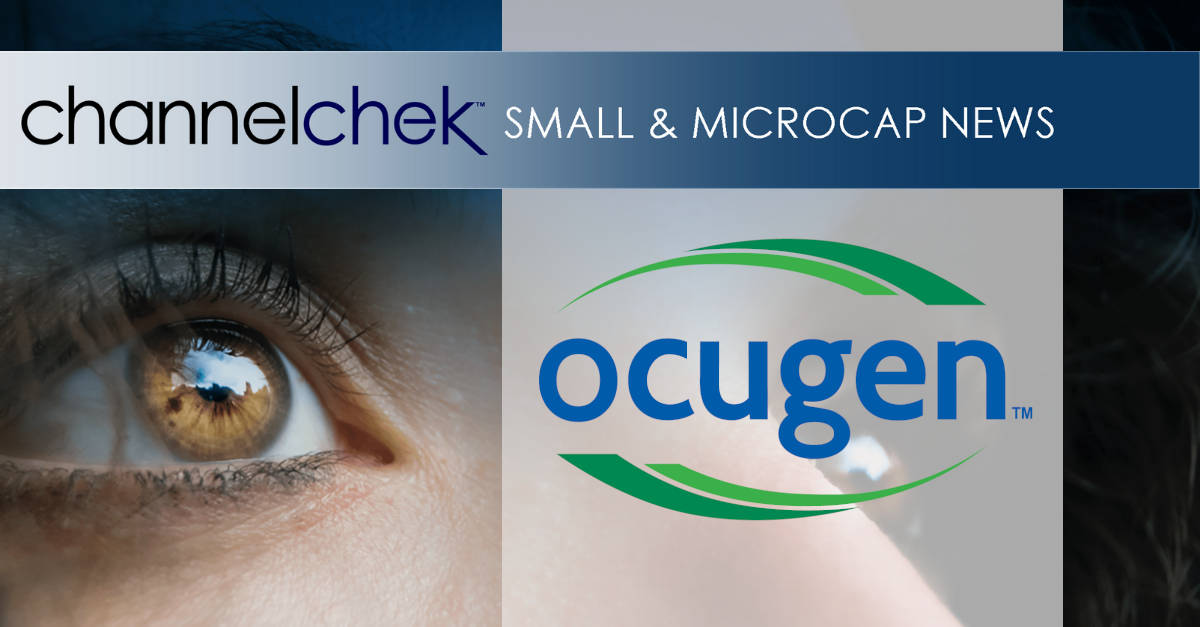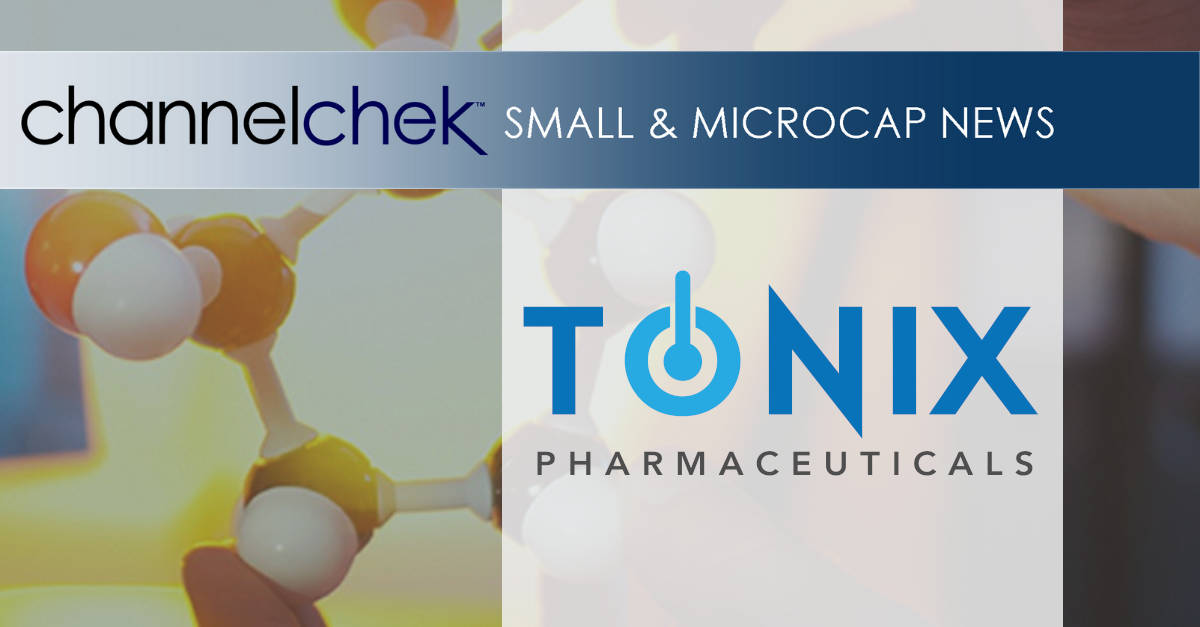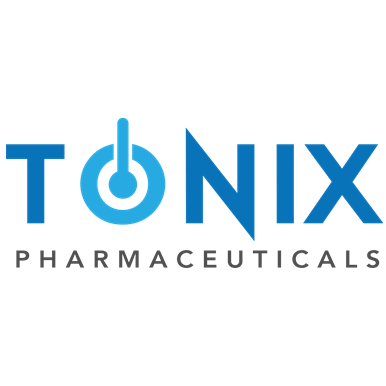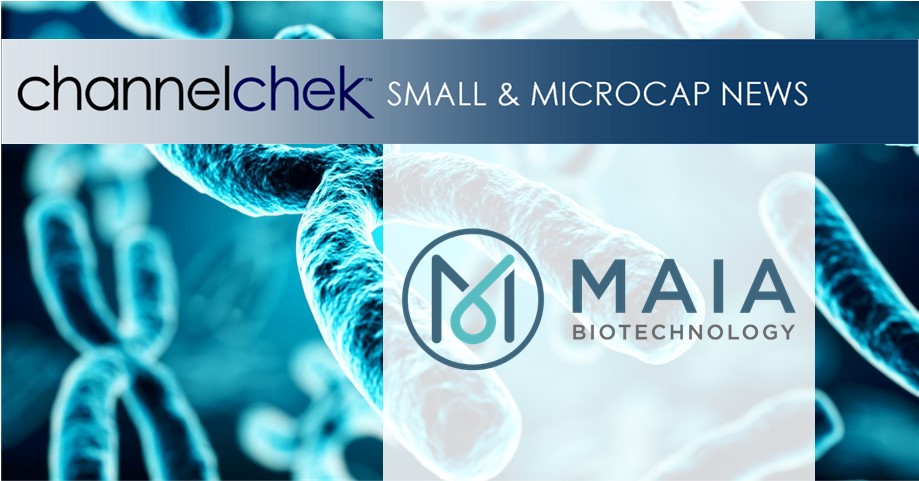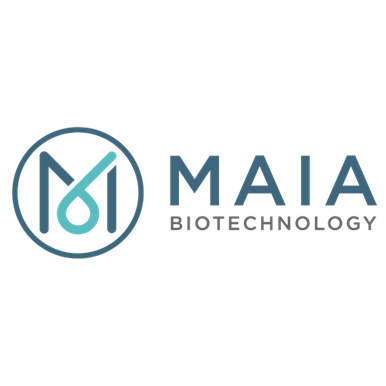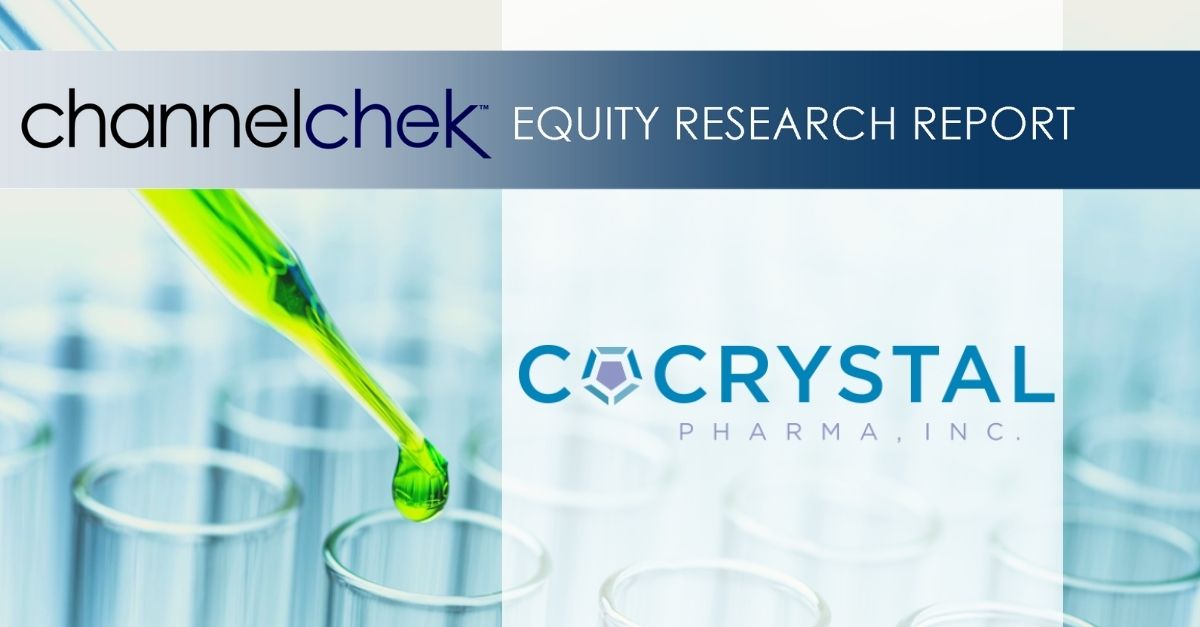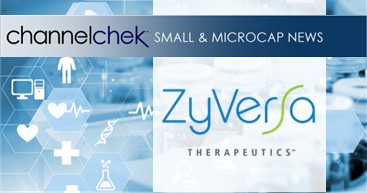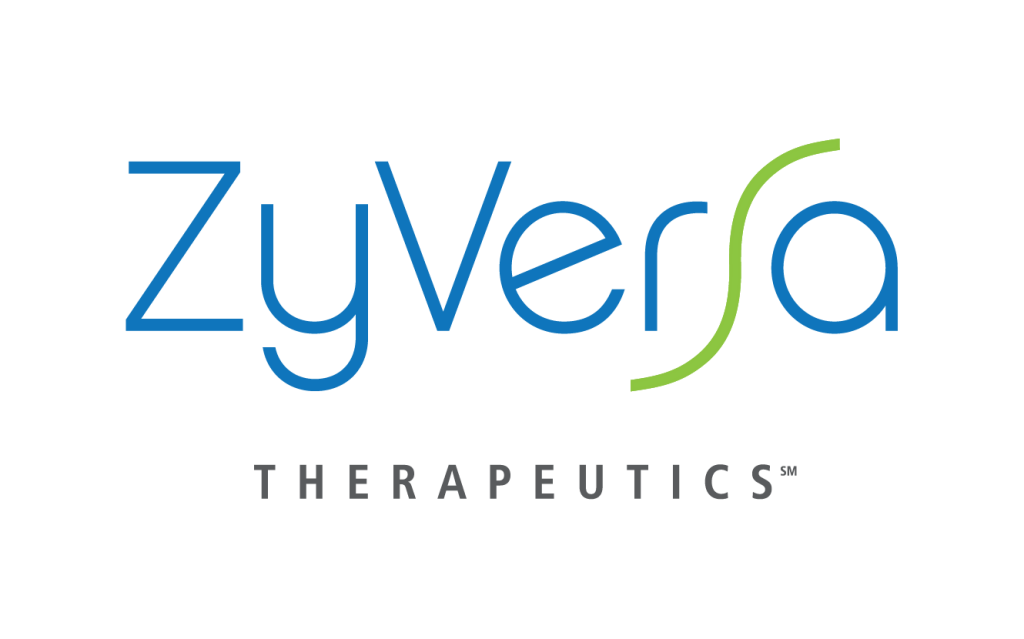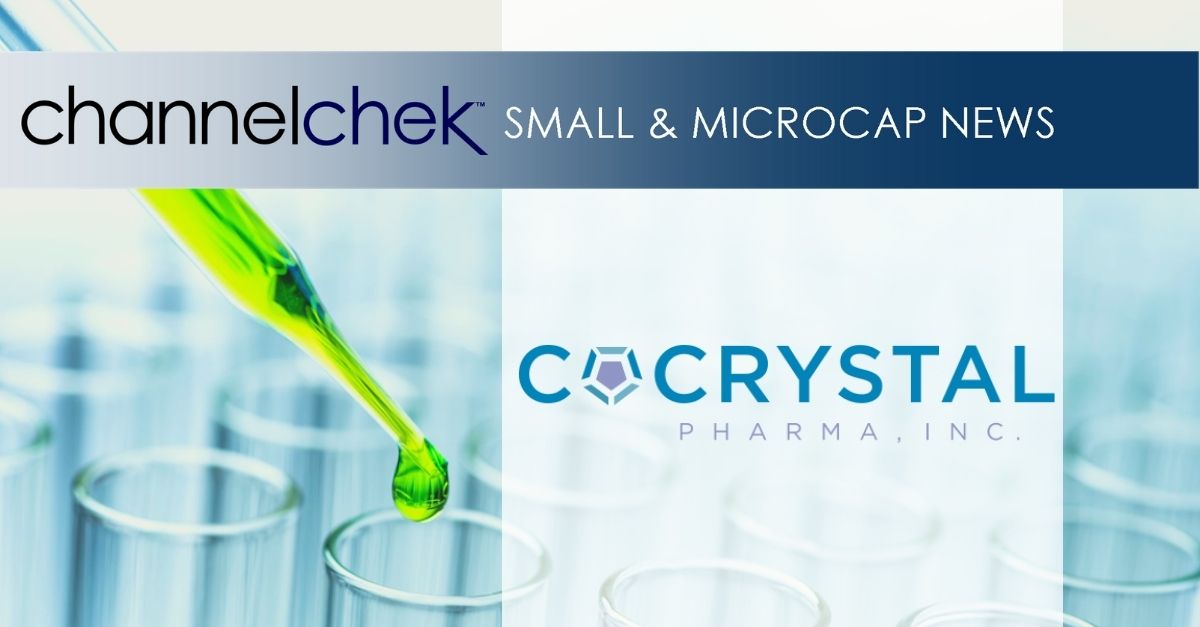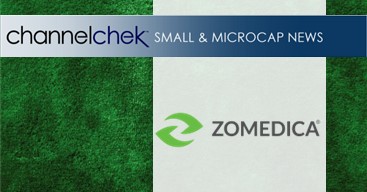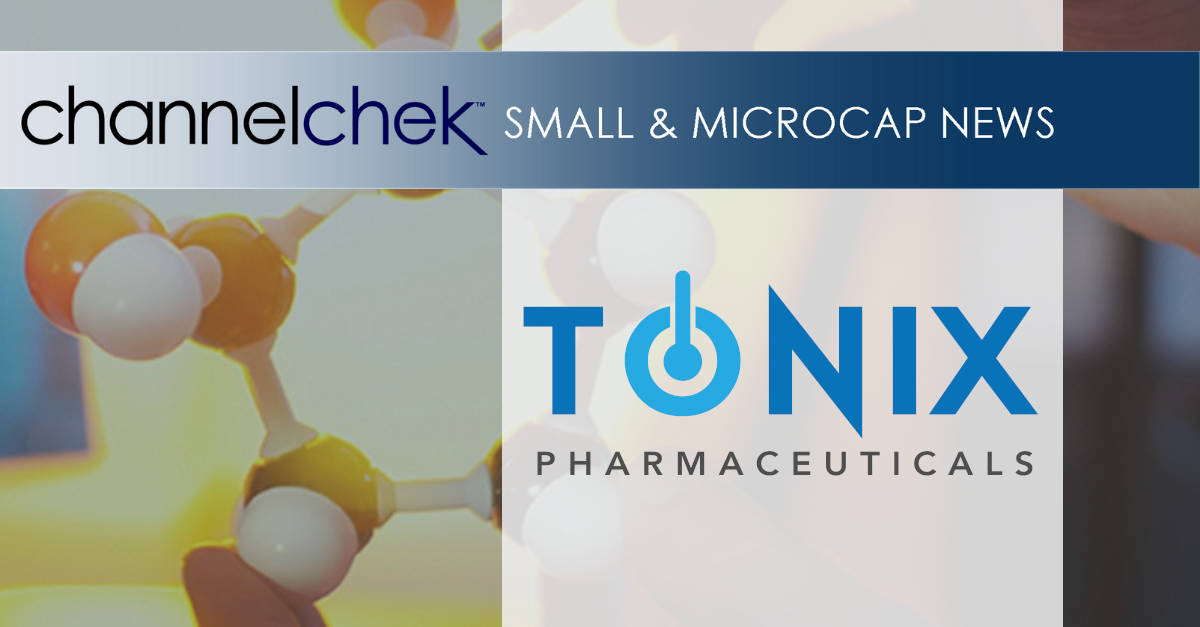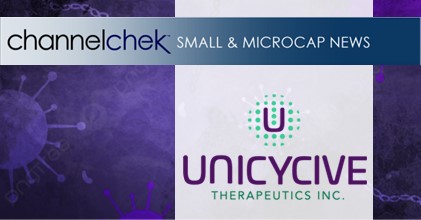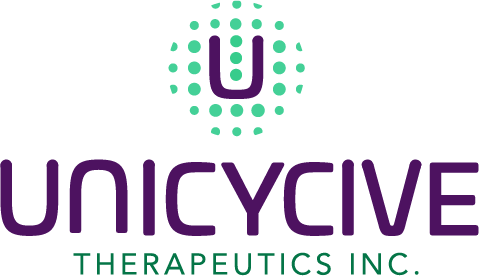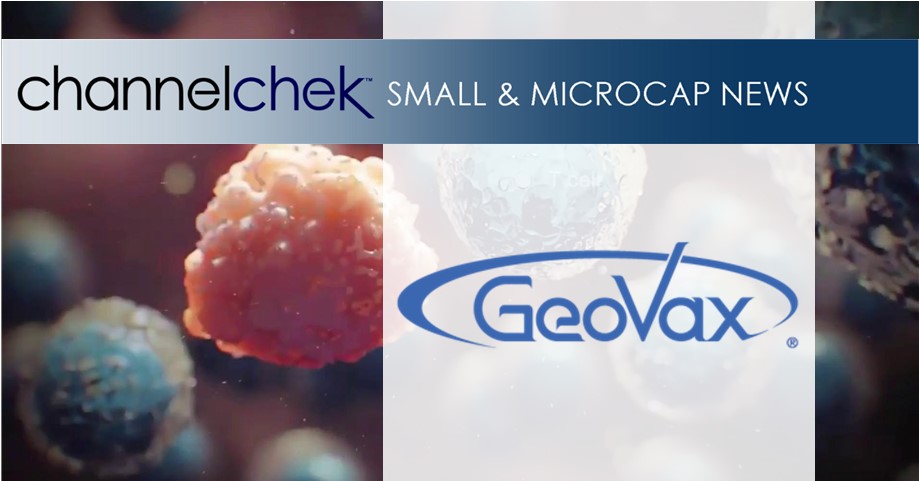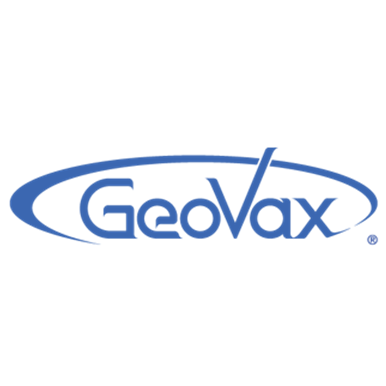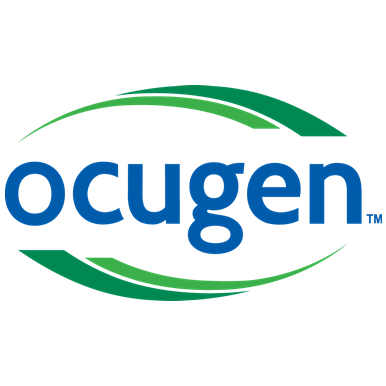
Research News and Market Data on OCGN
July 25, 2024
• Initiated Phase 2 clinical trial
MALVERN, Pa., July 25, 2024 (GLOBE NEWSWIRE) — Ocugen, Inc. (“Ocugen” or the “Company”) (NASDAQ: OCGN), a biotechnology company focused on discovering, developing, and commercializing novel gene and cell therapies and vaccines, today announced that dosing is complete in the third cohort of its Phase 1/2 ArMaDa clinical trial for OCU410 (AAV-hRORA)—a novel modifier gene therapy candidate being developed for geographic atrophy (GA), an advanced stage of dry age-related macular degeneration (dAMD). GA affects approximately 1 million people in the United States.
“Currently, there are two FDA approved anti-complement therapies for GA, which targets only one pathway for a disease that has a multifactorial and complex etiology,” said Majda Hadziahmetovic, MD, Associate Professor of Ophthalmology, Vitreoretinal Diseases and Surgery, Duke University Eye Center, and the lead investigator for the OCU410 Phase 1/2 trial. “Though these treatments are a significant milestone, they provide limited benefits and involve a continuous regimen of multiple intravitreal injections over several years. This modifier gene therapy could potentially transform the landscape of GA treatment.”
Three subjects received a single subretinal administration of the highest dose (200 µL of 1.5×1011 vg/mL) being tested, which completed the dosing for the Phase 1 stage of the trial. The ArMaDa clinical trial for OCU410 is being performed at 14 leading retinal surgery centers across the United States.
“We are very encouraged about the potential of OCU410 as a one-time treatment option for GA,” said Dr. Huma Qamar, Chief Medical Officer of Ocugen.
We have initiated a Phase 2 clinical trial that will assess the safety and efficacy of OCU410 in a larger group of patients who will be randomized into either of two treatment groups (medium- or high-dose) or a control group.
The Company will continue to provide clinical updates on a periodic basis.
About the Phase 1/2 ArMaDa clinical trial
The ArMaDa Phase 1/2 clinical trial will assess the safety of unilateral subretinal administration of OCU410 in subjects with geographic atrophy and will be conducted in two phases. Phase 1 is a multicenter, open-label, dose-escalation study consisting of three dose levels [low dose (2.5×1010 vg/mL), medium dose (5×1010 vg/mL), and high dose (1.5 ×1011 vg/mL)]. Phase 2 is a randomized, outcome accessor-blinded, dose-expansion study in which subjects will be randomized in a 1:1:1 ratio to either one of two OCU410 treatment groups or to an untreated control group.
About dry age-related macular degeneration (dAMD) and geographic atrophy (GA)
Dry age-related macular degeneration (dAMD) affects approximately 10 million Americans and more than 266 million people worldwide. It is characterized by the thinning of the macula, the portion of the retina responsible for clear vision in one’s direct line of sight. dAMD involves the slow deterioration of the retina with submacular drusen (small white or yellow dots on the retina), atrophy, loss of macular function, and central vision impairment. dAMD accounts for 85-90% of all AMD cases.
About OCU410
OCU410 utilizes an adeno-associated virus (AAV) platform for the retinal delivery of the RORA (ROR Related Orphan Receptor A) gene. The RORA protein plays an important role in lipid metabolism, reducing lipofuscin deposits and oxidative stress, and demonstrates an anti-inflammatory role as well as inhibiting the complement system in both in vitro and in vivo (animal model) studies. These results demonstrate the ability of OCU410 to target multiple pathways linked with dAMD pathophysiology. Ocugen is developing AAV-RORA as a one-time gene therapy for the treatment of geographic atrophy.
About Ocugen, Inc.
Ocugen, Inc. is a biotechnology company focused on discovering, developing, and commercializing novel gene and cell therapies and vaccines that improve health and offer hope for patients across the globe. We are making an impact on patients’ lives through courageous innovation—forging new scientific paths that harness our unique intellectual and human capital. Our breakthrough modifier gene therapy platform has the potential to treat multiple retinal diseases with a single product, and we are advancing research in infectious diseases to support public health and orthopedic diseases to address unmet medical needs. Discover more at www.ocugen.com and follow us on X and LinkedIn.
Forward-Looking Statements
This press release contains forward-looking statements within the meaning of The Private Securities Litigation Reform Act of 1995, including, but not limited to, statements regarding qualitative assessments of available data, potential benefits, expectations for ongoing clinical trials, anticipated regulatory filings and anticipated development timelines, which are subject to risks and uncertainties. We may, in some cases, use terms such as “predicts,” “believes,” “potential,” “proposed,” “continue,” “estimates,” “anticipates,” “expects,” “plans,” “intends,” “may,” “could,” “might,” “will,” “should,” or other words that convey uncertainty of future events or outcomes to identify these forward-looking statements. Such statements are subject to numerous important factors, risks, and uncertainties that may cause actual events or results to differ materially from our current expectations, including, but not limited to, the risks that preliminary, interim and top-line clinical trial results may not be indicative of, and may differ from, final clinical data; that unfavorable new clinical trial data may emerge in ongoing clinical trials or through further analyses of existing clinical trial data; that earlier non-clinical and clinical data and testing of may not be predictive of the results or success of later clinical trials; and that that clinical trial data are subject to differing interpretations and assessments, including by regulatory authorities. These and other risks and uncertainties are more fully described in our periodic filings with the Securities and Exchange Commission (SEC), including the risk factors described in the section entitled “Risk Factors” in the quarterly and annual reports that we file with the SEC. Any forward-looking statements that we make in this press release speak only as of the date of this press release. Except as required by law, we assume no obligation to update forward-looking statements contained in this press release whether as a result of new information, future events, or otherwise, after the date of this press release.
Contact:
Tiffany Hamilton
Head of Communications
Tiffany.Hamilton@ocugen.com
